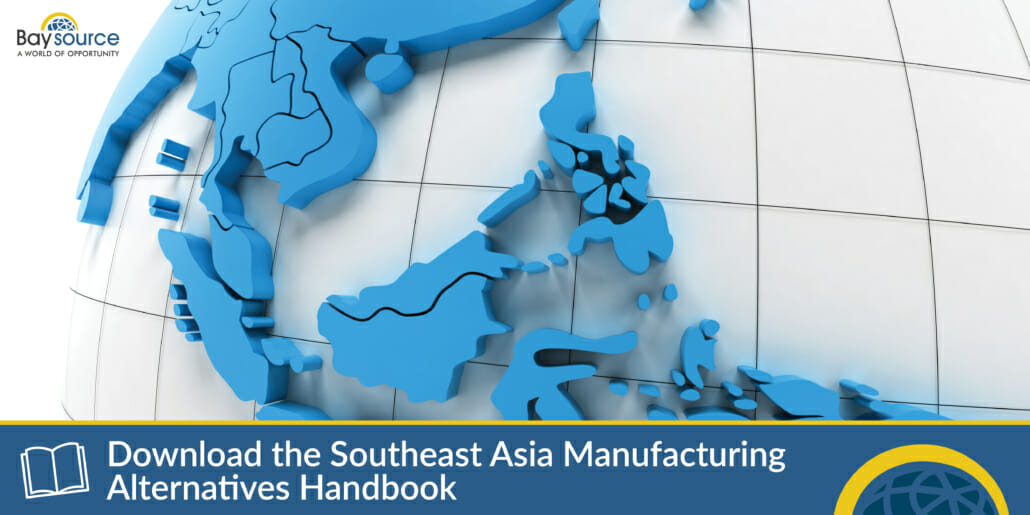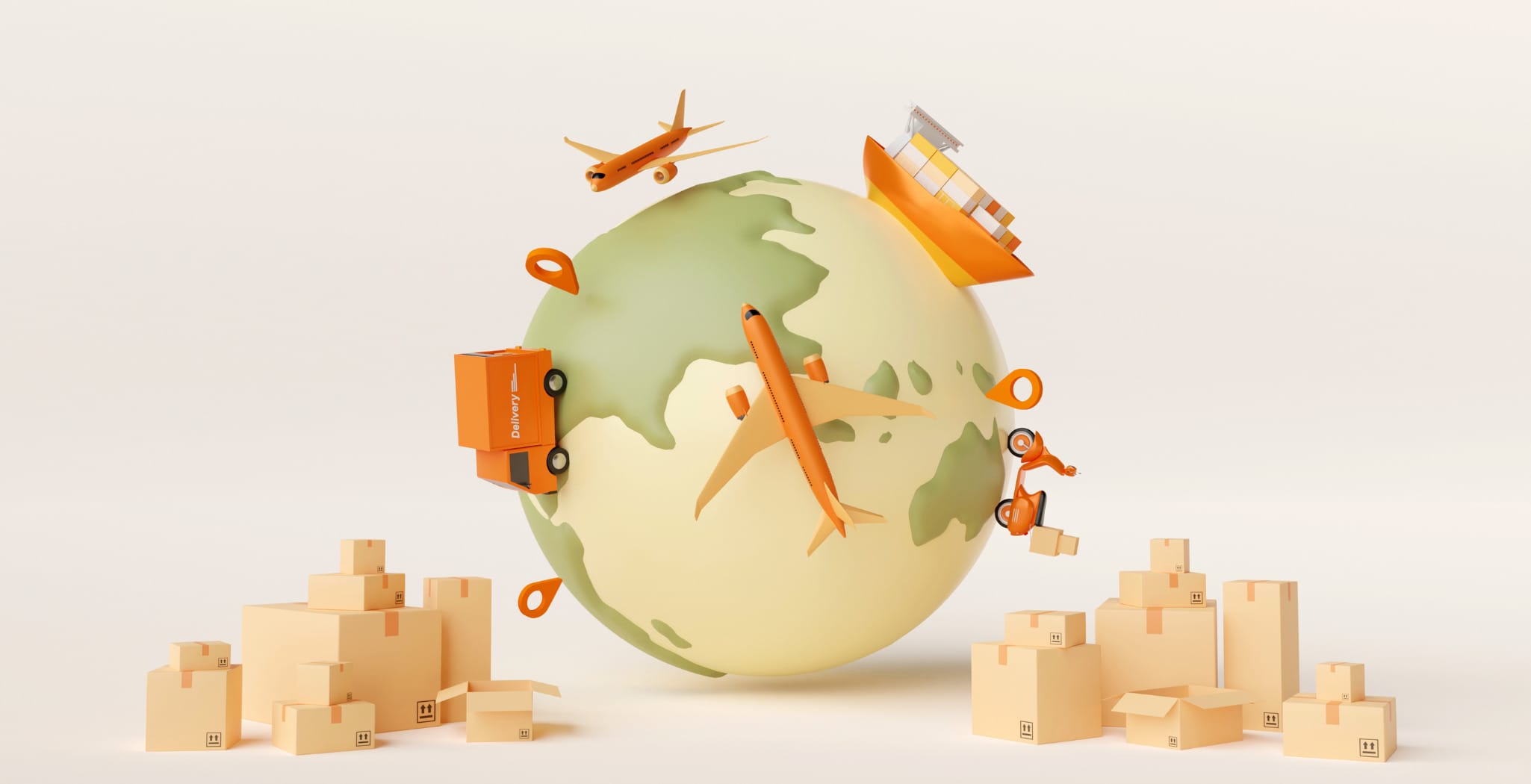
Malaysia
Malaysia is a location that cannot be ignored when considering outsourcing manufacturing to South East Asia. It is a nation that is primed for major growth in the near future with its prime infrastructure and business-friendly economic zones as contributing factors. Businesses and supply chain consultants are looking at Malaysia as a possible alternative to manufacturing in China.
Core Industries: Rubber, Petroleum and natural gas, pharmaceuticals
Three benefits of manufacturing in Malaysia
1. Location and Infrastructure
Malaysia’s geographical location gives it a strong competitive advantage for imports/exports. Alongside its prime position, the modernized infrastructure of its ports and high-quality supplier networks allow for efficient and cost-effective contract manufacturing and transportation of goods.
2. Government Economic Stimulus
Several government initiatives have been created to assist the growth of manufacturing in Malaysia. In particular, the Industry4WRD initiative, which was established in 2018, envisions Malaysia as a strategic partner for smart manufacturing, a primary destination for high-technology industries, and a total solutions provider for the manufacturing sector in the region.
3. Free Trade Zones
There are nine special economic zones in Malaysia, many of which are free trade zones, that provide special economic incentives for manufacturing in those specified areas. This helps Malaysia attract businesses to manufacture there and allows those businesses to avoid time and money spent on things like custom regulations and taxes.
Our team has compiled more information on Malaysia’s programs & policies to inform you of what you need to know when outsourcing manufacturing and the economic incentives offered by Malaysia.







Follow Us